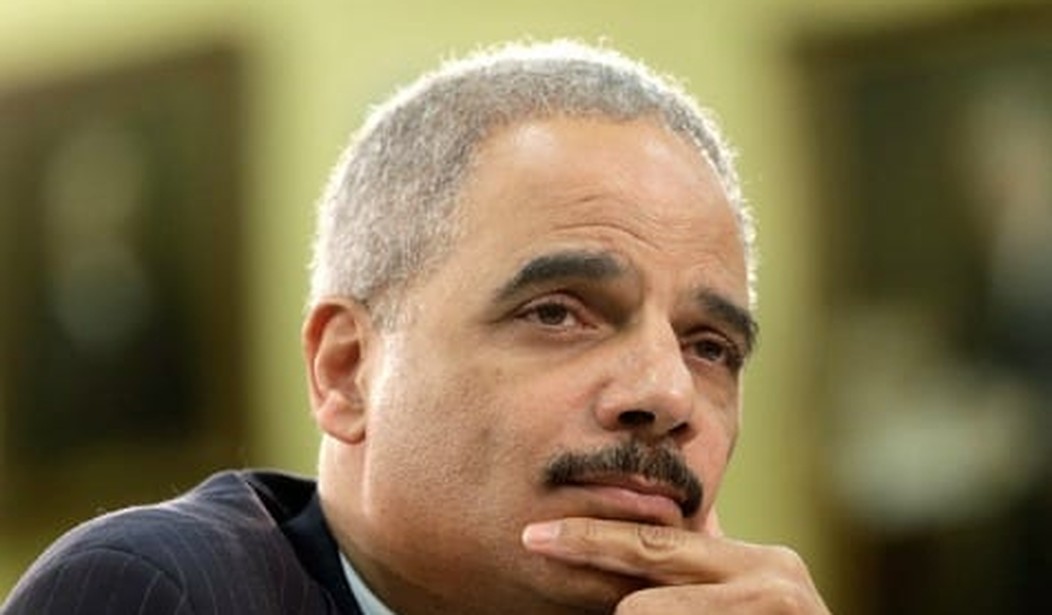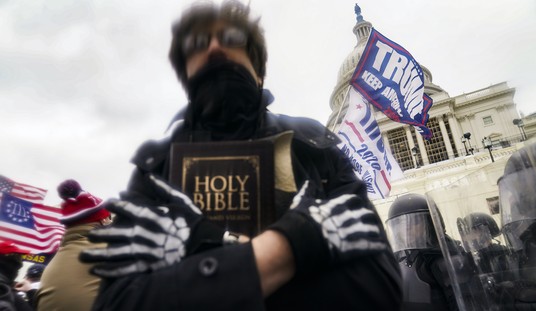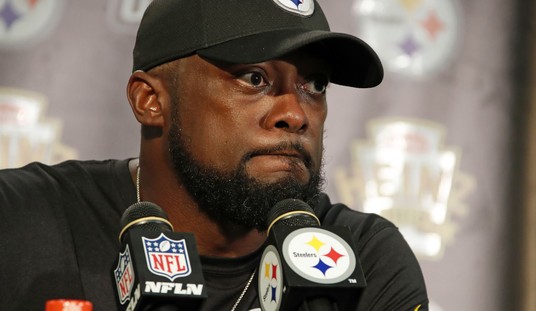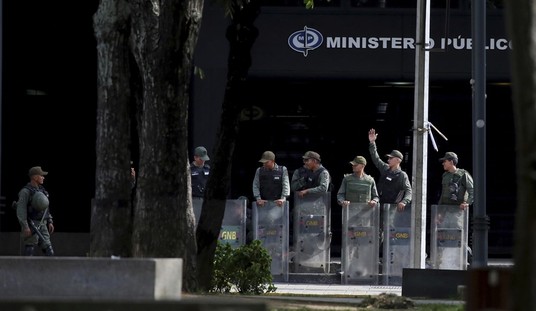WASHINGTON – The House Judiciary Committee could be called on as early as this week to adjudge whether Attorney General Eric Holder offered false testimony regarding his participation in a federal probe involving Fox News reporter James Rosen.
Rep. Bob Goodlatte (R-Va.), chairman of the House Judiciary Committee, told Fox News on Friday that Holder’s insistence that he did not contribute to an investigation that included the issuance of a subpoena for Rosen’s email records appears to be contradicted by the facts.
Goodlatte said a letter has been sent to the attorney general seeking an explanation for the apparent inconsistency. Holder has until Wednesday to address the issue.
The committee will wait for Holder’s response, Goodlatte said, “before passing judgment on whether that constitutes perjury.”
On Thursday, the Justice Department issued a statement maintaining that Holder was “accurate and consistent with the facts” during his testimony before the House Judiciary Committee on May 15 and that he is “committed to striking a balance between protecting classified national security information and protecting the first amendment rights of journalists to gather and report the news.”
At issue is Holder’s statement about the Justice Department’s decision to obtain a search warrant for Rosen’s emails in May 2010. It was issued in the wake of a June 2009 report by Rosen that allegedly contained classified material.
The 44-page search warrant, initially obtained by The New Yorker magazine, maintained that information regarding a possible nuclear bomb test by North Korea came from Stephen Jin-Woo Kim, a Lawrence Livermore National Laboratory employee. Kim was indicted in August 2010 for unauthorized disclosure of national defense information and making false statements. He has pleaded not guilty.
Rosen has never been charged.
In the affidavit in support of the search warrant, FBI Agent Reginald B. Reyes stated “there is probable cause to believe that the Reporter (Rosen) has committed a violation” of the Espionage Act “at the very least, either as an aider, abettor and/or co-conspirator of Mr. Kim.”
The search warrant asked U.S. District Judge Royce Lamberth to issue an order prohibiting the email provider from disclosing the issuance of the search warrant to Rosen or anyone else out of concern it would endanger the life and safety of an individual, lead to a possible flight from prosecution, destruction and tampering of evidence, intimidation of potential witnesses, “or otherwise seriously jeopardize the investigation.”
The Justice Department subsequently acknowledged that the Rosen search warrant was approved “at the highest levels of the Department.” DOJ further indicated that Holder wasn’t involved in the approval process although he was involved in some discussions.
During Holder’s appearance before the committee on May 15, Rep. Hank Johnson (D-Ga.) asked the attorney general about the Justice Department’s intention to use the Espionage Act to prosecute members of the media for publishing classified material, a move that media outlets and others claim would have a chilling effect on the First Amendment.
In response, Holder said, “You got a long way to go to try to prosecute people, the press, for the publication of that material. Those prosecutions have not fared well in American history.” He subsequently added, “Well, I would say this. With regard to potential prosecution of the press for the disclosure of material, that is not something that I have ever been involved in, heard of, or would think would be a wise policy.”
In a letter to Holder dated May 29, Goddlette and Rep. James Sensenbrenner (R-Wis.), chairman of the Subcommittee on Crime, Terrorism and Homeland Security, maintain “that it is clear now that you were aware that the Department was engaged in a criminal investigation of a member of the media as far back as 2010,” a fact that “contradicts your testimony before the Committee in which you stated clearly that: ‘With regard to potential prosecution of the press for the disclosure of material, that is not something that I have ever been involved in, heard of, or would think would be a wise policy.’”
Evidence, Goodlatte and Sensenbrenner said in the letter, appears “to be at odds with your sworn testimony before the Committee. We believe – and we hope you will agree – it is imperative that the Committee, the Congress, and the American people be provided a full and accurate account of your involvement in and approval of these search warrants.”
“How can you claim to have never ‘been involved’ in the potential prosecution of a member of the media but you were admittedly involved in discussions regarding Mr. Rosen’s emails?” Goodlatte and Sensenbrenner asked.
The two lawmakers also asked Holder, “If you believe, as you testified, that prosecutions of members of the media ‘have not fared well in American history,’ why did you permit the Department to investigate Mr. Rosen as a co-conspirator or aider/abettor?” They further queried, “At the time the Justice Department requested the search warrant did the Department intend to prosecute Mr. Rosen under the Espionage Act? If the Department did not intend to prosecute Mr. Rosen, why did the Department refer to Mr. Rosen in its affidavit accompanying the search warrant affidavit as a ‘co-conspirator’, and allege that ‘at the very least’ Mr. Rosen was an aider and abettor?”
In a statement, DOJ said there was never any intention to prosecute Rosen.
“The search warrant application in the Kim matter was focused on obtaining evidence relating to allegations that a government official had leaked highly classified information, which was a threat to our national security,” it read. “The warrant application was drafted during the investigation phase of the case, which came before any decisions about prosecution. And nearly three years after completing our thorough investigation of the Kim matter, the Department does not anticipate bringing any additional charges. During the Attorney General’s tenure, no reporter has ever been prosecuted.”
On Friday, Holder met with several officials from news organizations to assuage fears that the First Amendment is under attack by the DOJ, assuring them that he is looking to change the manner in which his department pursues leak investigations involving reporters.









Join the conversation as a VIP Member